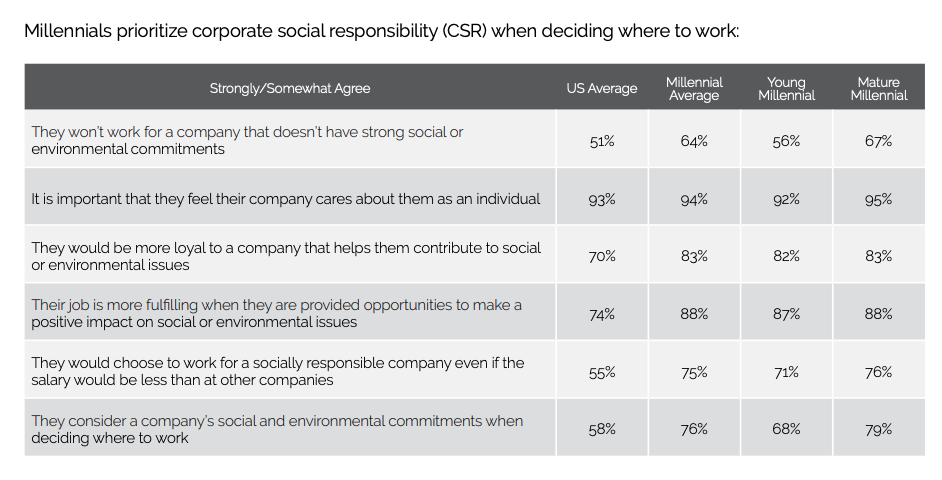A startup's guide to equity compensation
Last updated: 1 October 2024. Working in a startup is like running a marathon with countless hurdles. Getting a piece of the pie motivates potential...
Manage your equity and shareholders
Share schemes & options
Fundraising
Equity management
Start a business
Company valuations
Launch funds, evalute deals & invest
Special Purpose Vehicles (SPV)
Manage your portfolio
Model future scenarios
Powerful tools and five-star support
Employee share schemes
Predictable pricing and no hidden charges
For startups
For scaleups & SMEs
For larger companies
Ideas, insight and tools to help you grow

This article is more than 5 years old. Some information may no longer be current.
Your startup’s growth depends on its talent. Building a team of the best and brightest is essential for scaling rapidly, launching products and impressing investors. But that’s easier said than done.
We’re in the midst of a talent war. The skills shortage is impacting all businesses, large and small, and it’s set to get worse.
At the moment, current figures predict a global talent shortage of 85.2 million people by 2030, costing businesses trillions in lost growth and revenue. Of course, this growth hits startups hardest.
Given their early stage, rapid growth is crucial.
However, 33% of London startup founders are struggling to fill open roles and 30% say that their growth has been hampered as a result. With a new tech business formed every hour in the city, the battle for top talent is getting more crowded.
That’s without considering the attraction of large firms. How can a startup compete against the likes of Google with its shiny ping pong tables, nap pods and street food catering?
With a bit of grit and innovation, it turns out. Two things that startups have in swathes. The best talent isn’t always interested in a bulging pay package. Savvy candidates look beyond this, for profitable companies with exciting growth projections that can build their careers and skills. If you tap into a recruit’s long-term ambitions and align with this, you’ll shoot to the top of their employment wishlist.
Structuring a role to suit a new employee is easier for startups and gives an edge over larger rivals. Offering a range of tasks across the business, to quickly build skills and experience, is also easier in a startup. It’s still possible in a large organisation but might require more formal processes and HR’s involvement.
Emphasise and reinforce the career opportunities at your company and you’ll soon attract ambitious talent.
Today’s workers are demanding more choices when it comes to their work hours, environments and projects. Take the time to understand what drives each new recruit and how you can best meet their needs. Through flexible working, for instance.
A survey found that 78% of workers who don’t have flexible working options would like it. Another way could be through revamping your office to help people choose an environment that supports their work. Some may enjoy a communal desk, others a quiet reading corner.
Mission and culture have become large influences in recruitment. More than three quarters of millennials consider a company’s social and environmental commitments when deciding where to work. 64% would turn down a role if they felt that a potential employer was falling short in CSR.

Startups have an edge over established companies in that they can create a culture and mission from scratch. There isn’t a murky history or long legacy to consider. Plus, it’s easier to foster an innovative, open, fun and transparent culture in a small company, and then scale it up as the organisation grows.
Given the dearth of talent, companies cannot be too picky when looking to fill roles. On some occasions, it can pay to consider talent without direct experience in your industry, returners to the workforce and other diverse candidates. These individuals will offer your start-up more over the long term. You’ll benefit from diversity of thought because of their different backgrounds and experiences.
Of course, you cannot completely ignore the fact that people want to be paid for their efforts. If budgets are tight, however, offering employees equity can be an effective way to attract talent whilst rewarding them for contributing to the company.
In the UK lots of early-stage and growing companies have embraced tax-efficient EMI option schemes, which are a fantastic way of incentivising employees. A typical option pool will usually be around 15-20% of your equity, distributed to participating employees (you can offer options to some or all of your team).
It’s also worth considering the amount that you’ll offer to each team member. This should reflect their time at your company, the amount of financial risk they’ve taken, and their contribution to business value.
Startups that offer equity as part of the compensation package can pay well beyond market rate, should they choose to do so. Equity can help level the playing field against the bigger firms.
In many ways, building an effective workforce is about the long game. Establishing a pipeline of talent and an employer brand can go a long way with resourcing in the future. Get a reputation in the community and niche networks where your target recruits often spend their time.
Developer meet-ups are common in most large cities, for example, and sponsoring a session could put your brand front-and-centre in this critical talent pool. Plus, hosting meet-ups and other events offer a good networking opportunity for your existing workforce. It could even lead to new business.
When recruiting top talent you must understand the human behind the CV. This goes beyond their skills and qualifications, to know what makes them tick. With this information, your start-up can give them an offer they can’t refuse. A job that doesn’t just focus on pay but their wider career growth, their lifestyle and social impact.

Last updated: 1 October 2024. Working in a startup is like running a marathon with countless hurdles. Getting a piece of the pie motivates potential...

Last updated: 17 April 2024 Share schemes equip businesses with a means to incentivise employees beyond capital alone.

Equity has long been a driver of the entrepreneurial spirit in the US. That's not quite the case in the UK, however. At least, it's not at the...